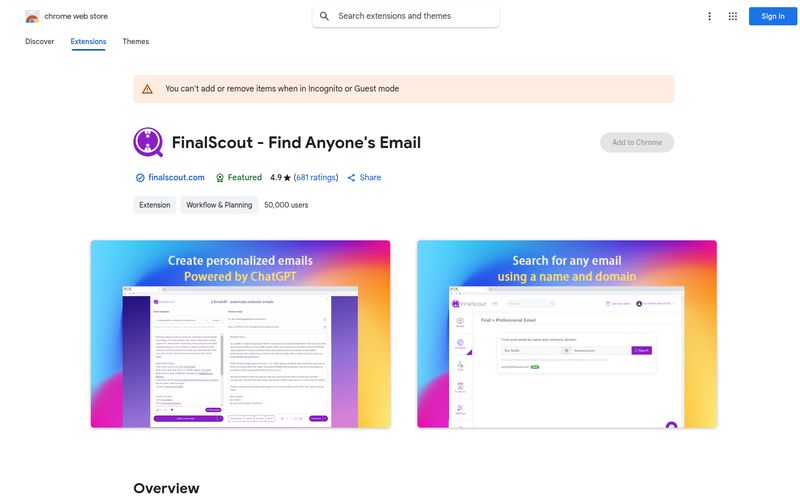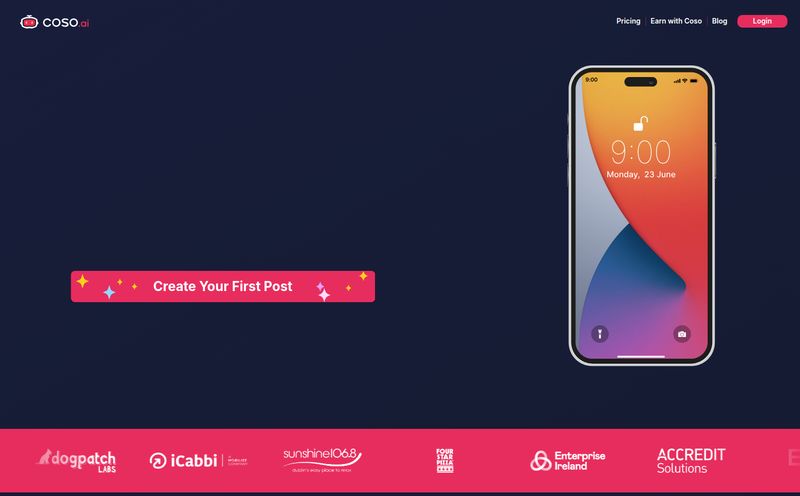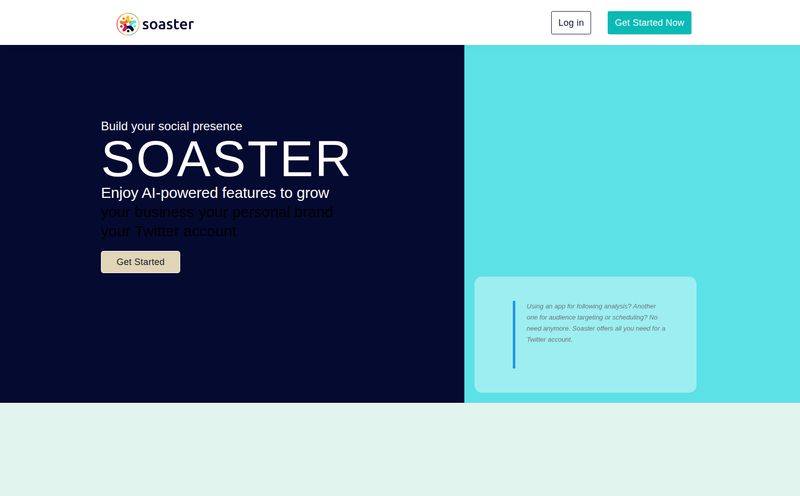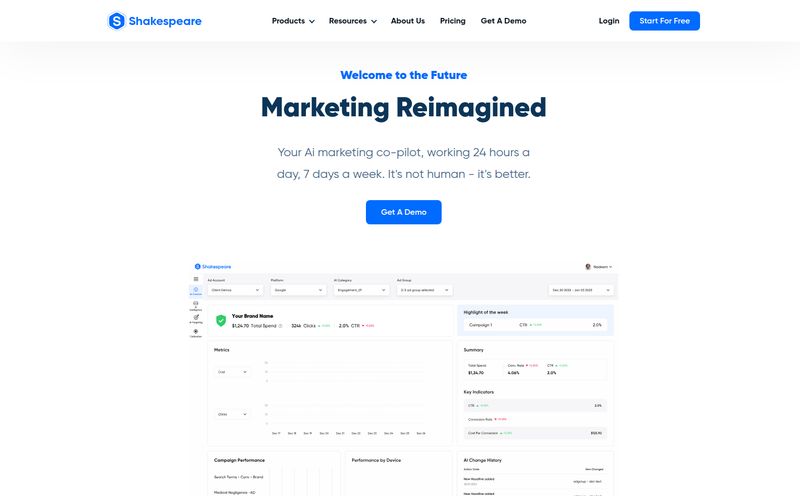Being an artist today is… a lot. You’re not just a songwriter or a musician anymore. You’re a content creator, a social media manager, a video editor, and, most terrifyingly, a digital marketer. It feels like you need a PhD in CPC and a black belt in Google Analytics just to get your music heard by someone other than your mom. It’s exhausting.
I’ve been in the trenches of digital marketing and SEO for years, and even I get overwhelmed by the sheer number of platforms you’re supposed to be on. Juggling Facebook Ads Manager, Spotify for Artists, your email list, and a half-dozen other services is like trying to conduct an orchestra where every musician is playing a different song. It's chaos.
So when a tool comes along that promises to simplify all of that, my ears perk up. I’m talking about Base for Music. It’s been making some waves, and I’ve been getting questions about it. Is it just another shiny object, or is it the real deal? I decided to take a proper look, and here's what I found.
So What Is Base for Music, Exactly?
Think of Base for Music as a mission control center for your music career. Instead of having fifteen browser tabs open to track your ad campaigns, see your Spotify stats, and manage your fan links, it pulls everything into one, clean dashboard. The whole idea is to take the most complicated part of music promotion—running targeted ad campaigns—and make it accessible for artists who would rather be writing a bridge than analyzing ad spend.
It’s designed to help you launch those complex campaigns across platforms like Meta (Facebook and Instagram), Spotify, TikTok and YouTube without needing to become an expert yourself. It promises transparency, so you know exactly where your money is going and what kind of audience it's reaching. This isn’t a black-box “buy streams” service; it's a tool to professionalize your own marketing efforts.
A Look Under the Hood at the Core Features
Okay, so it sounds good on paper. But what are you actually doing inside the platform? Let's break down the engine and see what makes it run.
Simplified Ad Campaigns That Don’t Require a Degree
This is the heart of the platform. If you've ever opened Facebook Ads Manager and felt an immediate sense of dread, you know what I’m talking about. The sheer number of options is paralyzing. Base for Music strips that away and focuses on what matters to artists. You set up a campaign to promote a song or a profile, and its algorithm goes to work managing the campaign for you. The image on their site shows a clear dashboard: here’s your campaign, here’s your Spotify Popularity Index, here are your results. Simple.
What I appreciate here is the stated transparency. They claim to show you the targeted audiences and the results generated. That’s huge. It means you’re not just throwing money into a void; you’re gathering data about who your real listeners are, which is gold for your long-term strategy.
The All-Seeing Eye: Your Centralized Dashboard
The second big win is having all your stats in one place. You can monitor your Spotify popularity, see how your ads are performing, and track overall growth without bouncing between apps. This unified view is more powerful than it sounds. It helps you connect the dots. “Oh, when I ran that ad campaign targeting fans of The 1975 in Brazil, my monthly listeners jumped by 20%.” That’s actionable insight you can use again and again.
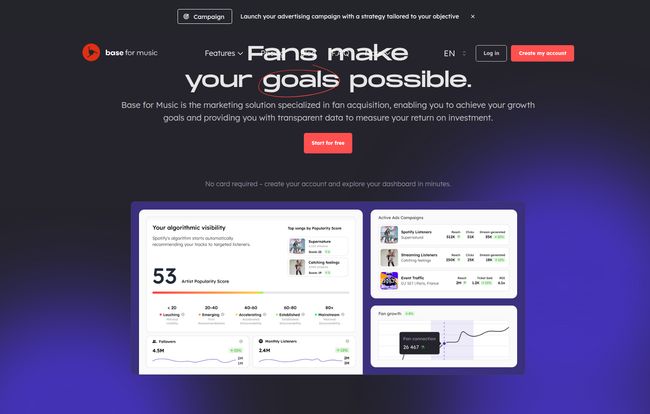
Visit Base for Music
From Casual Listener to Loyal Fan
Getting a stream is one thing. Building a fanbase is another. Base for Music seems to get this. They include tools like Smartlinks and fan data generation. A smartlink, if you're not familiar, is one link that directs fans to your music on whatever streaming service they prefer (Spotify, Apple Music, etc.). It’s a small thing that makes a big difference. And the fan data part is critical—it helps you understand who these listeners are so you can re-target them later for album drops, merch sales, or tour announcements. You're not just renting an audience; you're building one.
Let's Talk Money: Breaking Down the Pricing
Alright, the all-important question: what’s this going to cost? The pricing structure is actually quite interesting and caters to different stages of an artist's career. They have a monthly and a yearly option, with the yearly giving a couple months free.
| Plan | Price (Monthly) | Automation Fee | Who It's For |
|---|---|---|---|
| Freemium | €0 | 30% | Artists just starting out, wanting to test the waters. |
| Artist | €18 | 25% | The serious DIY artist ready to invest in growth. |
| Pro & Label | €49 | 15% | Managers, small indie labels, or artists with multiple projects. |
| Company | €180+ | 5-15% | Larger music companies needing unlimited accounts and white-labeling. |
The "automation fee" is an important concept to grasp. It's a percentage of your ad spend that the platform takes for managing the campaigns. So if you're on the Artist plan and spend €100 on ads, Base for Music takes a €25 fee. This is pretty standard for this kind of managed service. Honestly, for someone who values their time, paying a fee to avoid the headache of managing campaigns directly can be a bargain.
In my experience, the Artist tier at €18/month feels like the sweet spot for a solo musician who is serious about making a go of it. It’s a modest monthly investment that lowers the automation fee and gives you all the core tools needed to see real progress.
My Honest Take: The Good and The Could-Be-Better
No tool is perfect, and it’s my job to be a little cynical. So let's get into it.
The upsides are clear. The simplification and centralization are a massive win for time-strapped artists. I’ve personally coached musicians through the labyrinth of Meta's ad platform, and it’s not pretty. A tool that handles the nitty-gritty of campaign optimization is a genuine problem-solver. The testimonials on their site from artists like Greg Wanders and Jzac seem to back this up, which is good social proof.
However, there are a couple of things to keep in mind. First, there's likely a bit of a learning curve. Yes, its simpler than doing it all yourself, but it's not a magic “go viral” button. You still need to understand your goals and have a basic strategy. Second, and this is crucial, a tool is only as good as the music and marketing strategy behind it. If your music isn't ready or your branding is all over the place, no amount of ad spend will fix that. Base for Music can get your song in front of the right ears, but it can’t make them love it.
The Final Verdict: Is Base for Music Worth Your Time?
After digging through it, I'm pretty optimistic. For the right person, Base for Music could be a total game-changer. Who is that person? It’s the artist who has great music but is drowning in the marketing side of things. It’s the small label manager who needs to run campaigns for multiple artists without hiring a full-time ad specialist.
It’s not a replacement for having a good marketing sense, but rather a copilot. It takes over the complex technical flying so you can focus on the destination—connecting with listeners and building a sustainable career. If you feel like you're spending more time staring at ad metrics than in your studio, I'd say giving their Freemium plan a shot is a no-brainer. It might just be the tool that finally helps you get out of your own way.
Frequently Asked Questions
- 1. What is the automation fee on Base for Music?
- The automation fee is a percentage of your total ad spend that Base for Music charges for managing and optimizing your campaigns. This fee varies depending on your subscription plan, ranging from 30% on the Freemium plan down to as low as 5% on the Company plan.
- 2. Can I use Base for Music for free?
- Yes, they offer a Freemium plan that costs €0 per month. This plan gives you access to the ad campaign tools and smartlinks but comes with a higher automation fee (30%). It's a great way to test the platform's core functionality.
- 3. Does Base for Music guarantee streams or followers?
- No, and you should be wary of any service that does. Base for Music is an advertising tool, not a bot farm. It helps you run legitimate ad campaigns to reach real people who are likely to enjoy your music. The results depend on the quality of your music, your targeting, and your ad creative.
- 4. Is Base for Music better than running my own ads on Facebook or TikTok?
- It depends on your skill level and how much time you have. If you are an expert in digital advertising, you might prefer the granular control of running ads directly. However, for most artists, Base for Music simplifies the process immensely and uses its own optimization to potentially get better results than a novice could on their own.
- 5. Who should use Base for Music?
- It’s ideal for DIY musicians, artist managers, and independent labels who want to run professional ad campaigns without the steep learning curve or time commitment of managing multiple ad platforms manually.
- 6. What are Smartlinks in Base for Music?
- Smartlinks are customizable landing pages for your music. You share one simple link, and when a fan clicks it, they can choose their preferred music service (e.g., Spotify, Apple Music, Deezer). This removes friction and increases the chance they'll listen, while also collecting valuable data for you.
Reference and Sources
- Base for Music Official Website
- Base for Music Pricing Page
- Ari's Take - How To Run a Successful Ad Campaign (For context on the complexity of running ads manually)
